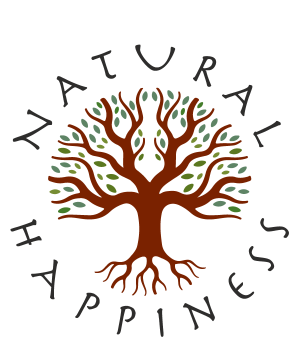The term elder is used with various meanings: I’m using it to invite you to connect with the mature wisdom in yourself, and in our ancestors. Traditional tribal cultures, such as the Native Americans, Celts, and Bedouin, had great wisdom, including the role of the elders.
We commonly think of tribes as led by one chief, but often the elders as a group had a powerful role. It was their role to guide the tribe in a crisis, to dream dreams, uphold values, and mentor the young. Clearly we live in a different kind of society to this, but the role of the elders is something we can learn from and update.
I’ve concluded that each of us has to figure out our own form of elderhood, and what being an elder means for us. This is different from the traditions of initiating adolescents into adulthood, where they are typically trained in their duties, roles and values. Initiation into elderhood is a more organic, gradual, self-guided process. You may learn from other elders as role models, they may give support, but the vision comes from you, and any guiding spirits or divinity you work with. Here are some of the best ways to explore what elderhood means for you, and to move into it.
- Alone and in nature.
- Sharing your exploration with other elders, in a regular group or one-off events.
- Using dreams, meditation and other practices which help you open to the spiritual and the unconscious aspect of yourself.
When does elderhood begin, and finish? Everyone’s journey is unique. The age 50 is often a turning point. However, I’ve seen people with the wisdom of elderhood in their late 20s, and others in their 70s who’ve not yet reached it. I believe that elderhood is a stage we find for ourselves, hopefully in our 50s or 60s, and this stage of elderhood lasts until we die. There are others who see elderhood as followed by seniority, a stage of passing out of life and into death and whatever lies beyond.
To help your exploration, here are some brief pointers to aspects of elderhood.
- Simple presence: If you’re at ease with yourself, calm amid setbacks, focussed on the positive, your presence alone will be a teaching and a role model for those around you, of all ages.
- Embodying and upholding values: This is a major role of tribal elders, and much needed in our society. This means living the principles you believe in, such as honesty, integrity, forgiveness, and speaking out for these values when you see them ignored.
- Elders as a group: In these later years, the balance between individual and collective life swings more towards the group: this means shared wisdom, mutual support, and perhaps shared action too.
- Friendship: Slowing down should be a goal and a benefit of elderhood. This creates time for you to be a friend: to other elders, to your children and grandchildren, and wherever it’s needed. Sharing your love, your wisdom, your values with others through friendship is part of your legacy.
- Giving back, serving the greater good: a classic elders role.
- Facing ageing and death: I was closest to my father, and learned most from him, in his last years and his death: I know many others who have found the same. If you can find happiness even in your decline, and face death positively, you create a blessing for yourself and younger generations.
- Surrendering to the unconscious: If you have stayed aware, you probably feel by now that the complexity inside and around you is so huge that you can’t think your way to understanding. Surrendering to the unconscious is not giving up, it’s opening to receive the wisdom within us and around us, which can’t all be channelled through the rational mind.
- Opening to the beyond: the years of elderhood are a chance to open to the world of spirit, to whatever lies beyond death. This is a fitting part of our later life, and probably serves the tribe as well.
There are so many pressures pulling people and governments around the world, towards the immediate, visible problems, which are often social and economic. Raising attention, speaking out, walking the talk, calling for action, on the huge but less immediate crises of environmental and human sustainability, is a role that the elders need to take up. The elders are a big voice, a power for change, and without us stepping in, we’re all on the road to chaos.
